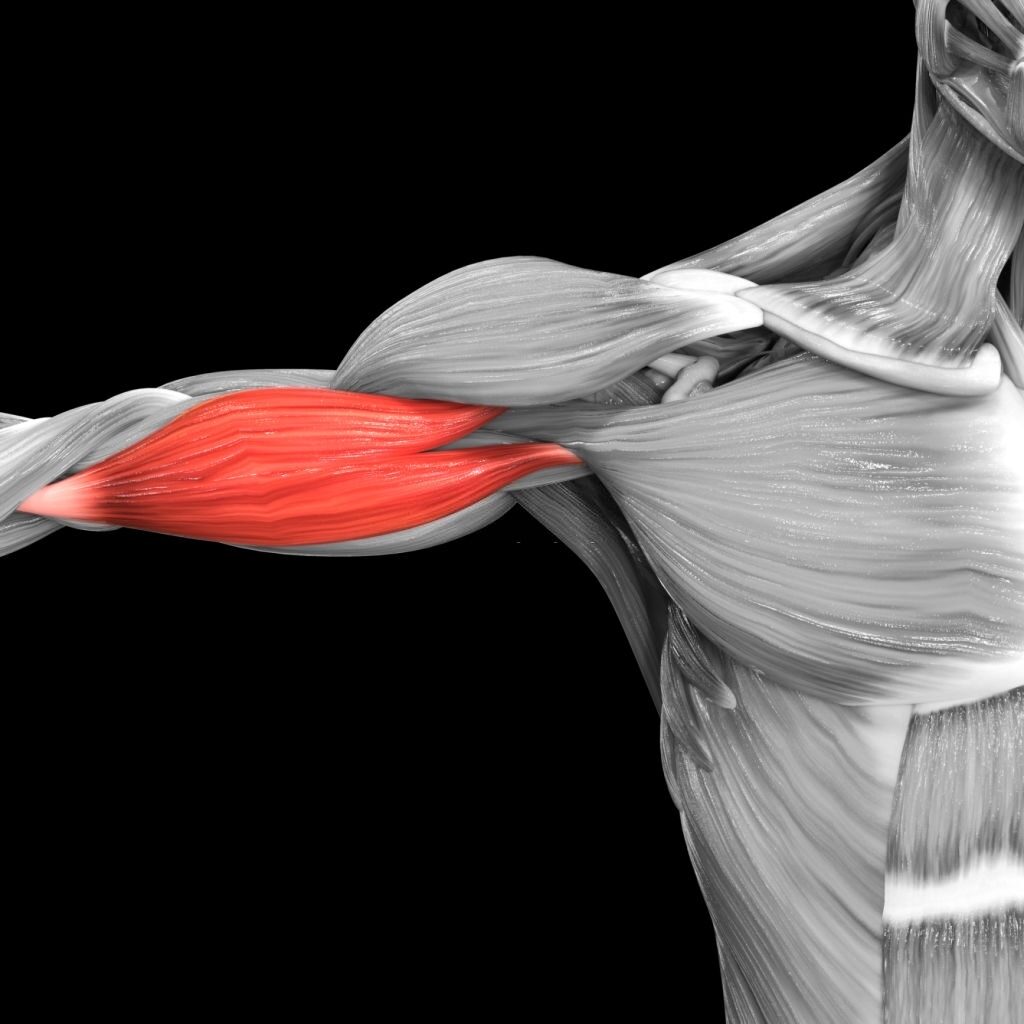
A group of disease causing weakness and loss of muscle mass is called muscular dystrophy and mutations interfere with the production of proteins needed for a healthy muscle formation, resulting in abnormal genes. Main sign of this disorder is progressive muscle weakness.
Duchenne muscular dystrophy (DMD) is the most common type of muscular dystrophy and more common in boys than girls. Some signs and symptoms; frequent falls, trouble running or jumping, difficult rising from a lying position, learning disabilities, muscle pain and stiffness.
Becker muscular dystrophy, a milder type of muscular dystrophy holding the similar signs and symptoms as DMD but progress much slower. Muscular dystrophy occurs when one of the genes involved in making proteins to protect muscle fibers from damage is defective.
Stem cells contribute to an effective rate in the treatment of muscular dystrophy, and this percentage varies from person to person, depending on the severity of the disease, gender, age, and other factors.
